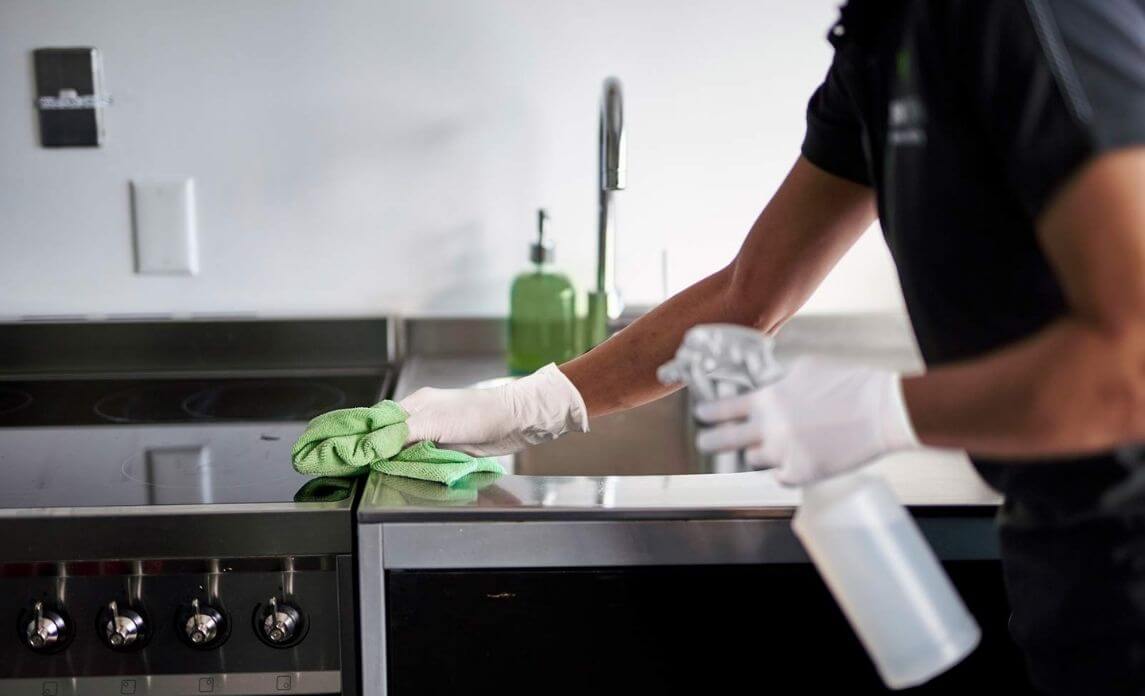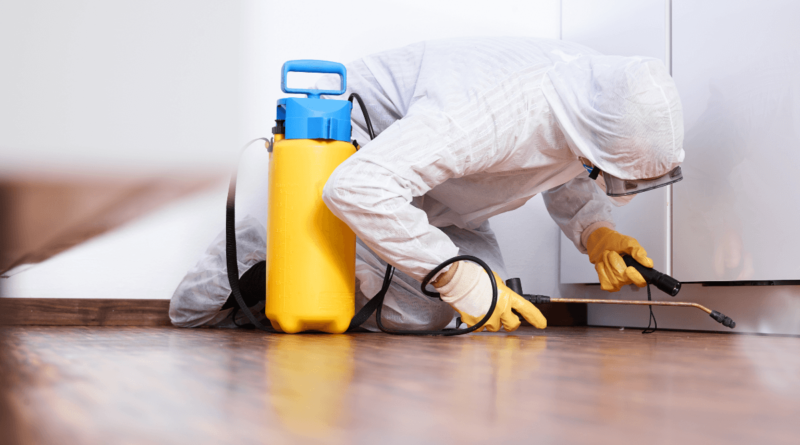Shielding the home from a pest invasion can be quite the challenge. Many pests are so small that they seem to appear out of nowhere and they are difficult to detect before it is too late. If you want to avoid the headache of an infestation in your home, check out the following list. Here’s what you should do now to keep pests out for good.
1. Seal Entry Points
Ever wonder how a spider got inside the house? Homes are full of little openings that let pests inside. Take a look around the house for the following entry points and seal them off immediately:
- Doors gaps. That’s right! Many pests come walking in through the front door. Put floor sweeps on the bottoms of your doors to the outside and replace the weatherstripping on the garage door. Invest in screen doors so you can let air in without exposing the home to pests.
- Windows. Make sure that your window screens fit properly and that they have no holes in them. Fix small tears with patches or replace the screen entirely. Seal any gaps you find in the window frame with silicone caulking.
- Foundation cracks. Check your foundation for little cracks and seal them with an epoxy sealer. This will stop bugs from slithering into the basement, or rodents from digging their way through. Call an expert if you find any thick, bowed, or horizontal cracks.
- Weep vents. The little holes you see between your bricks are necessary to prevent rot, allowing air to circulate between the layers of the wall. Mice however like to use these to get inside the house. Block these off with little stainless steel covers you can find at the hardware store.
- Wall vents. Cover your wall vents with steel mesh to prevent rodents from getting inside. Plastic can unfortunately be chewed through.
- Utility lines. The cables that bring power, gas, and other systems into the house are often surrounded with gaps. Seal these shut with expanding foam, caulking, or steel wool.
- Siding gaps. Run your fingers along the undersides of your vinyl siding and look with a flashlight. Seal any cracks you find with a silicone caulking to keep mice out.
- Gaps in the roof’s edge. Gaps often form in the edges of roof from years of wear and tear. Close them with mesh, flashing, or caulking. Call a professional for difficult roof repairs.
- Roof vents. Larger pests, like squirrels and raccoons, get into the attic through the vents on the roof. Cap these with a galvanized steel mesh to keep them out. A wildlife removal professional can do this for you.
- Soffits. Check your soffits for damage and gaps between the soffits and the walls of the home. Seal these gaps with silicone caulking to stop mice and squirrels from crawling into the attic.

Inside the house, seal off any gaps you find the window frames, baseboards, and kitchen cabinets. This will make it harder for pests to find places to hide indoors.
2. Clean the kitchen
Kitchens draw pests into the home because they smell of food. Though there isn’t much you can do about this, you can keep the kitchen clean and organized. Perform a deep clean every few months, vacuuming up debris from beneath your appliances and mopping up grease. Empty out the cabinets to remove crumbs and foods that have expired. Disinfect the garbage can.
Also Read: 7 Pest Prevention Tips to Keep Your Lawn Safe This Summer
Do the dishes every single day and clean the sink to remove grease. Use a lidded garbage can and take out the garbage before the end of the day. Vacuum and mop the floors every week. Remember that it doesn’t take much to feed ants or mice.
3. Dehumidify the basement and bathroom
If your basement is humid, consider investing in a dehumidifier. Pests love damp, humid locations where they can find water. Clean out your bathroom fans and make sure that they are working properly. The more the air can circulate, the better. Fix leaky faucets so there is no standing water.

4. Maintain the yard
Rake the leaves in the fall and clear the walls of any detritus. Clean up underneath the deck and pull weeds. Trim shrubs, mow the lawn, and move firewood away from the walls of the home. This will help get rid of hiding spots for bugs and mice.
If you have apple trees or other fruit trees, pick up their fruit as soon as they have fallen to the ground. Squirrels, mice, and practically every other animal will eat them. Switch to squirrel-proof bird feeders and hang them far from the trunks of the trees. Cover your vegetable garden in row covers and don’t leave any pet food outside.
5. Hire an exterminator for pest prevention
Did you know that exterminators can help prevent pest problems? Professionals provide inspections that identify points of entry, and they can block them off for you. They use professional grade tools and products that keep pests out for months or years at a time. Whether you are currently dealing with an infestation, or you want to prevent one, call an exterminator like The Exterminators Markham for help.




